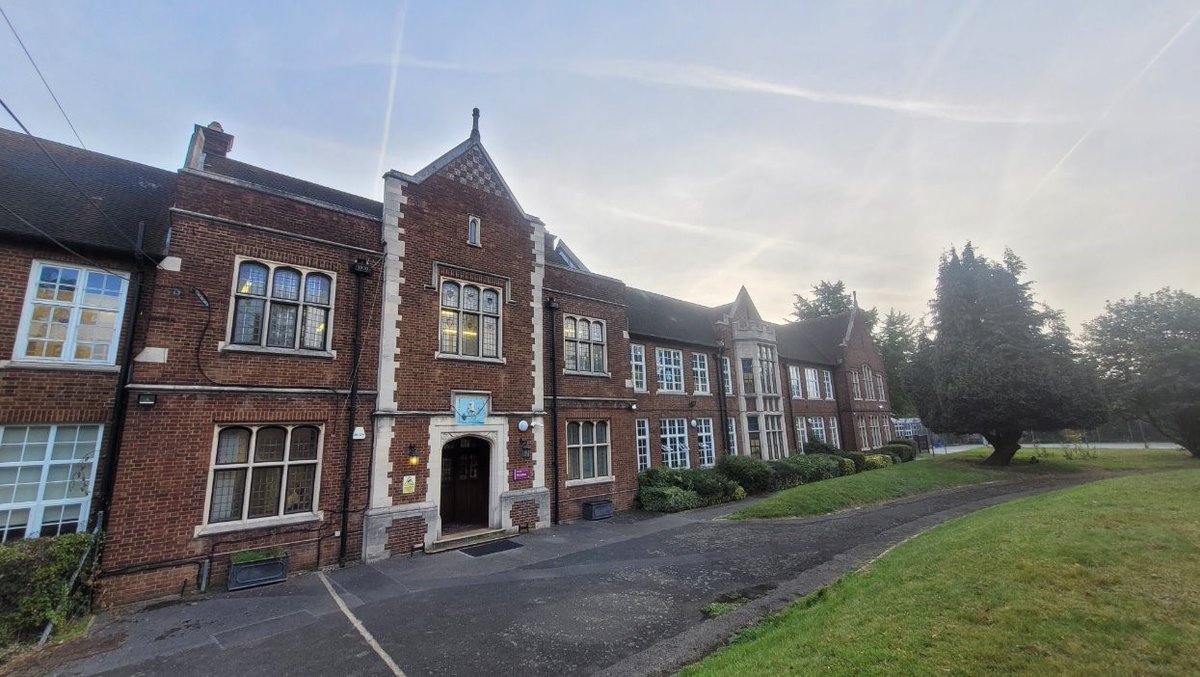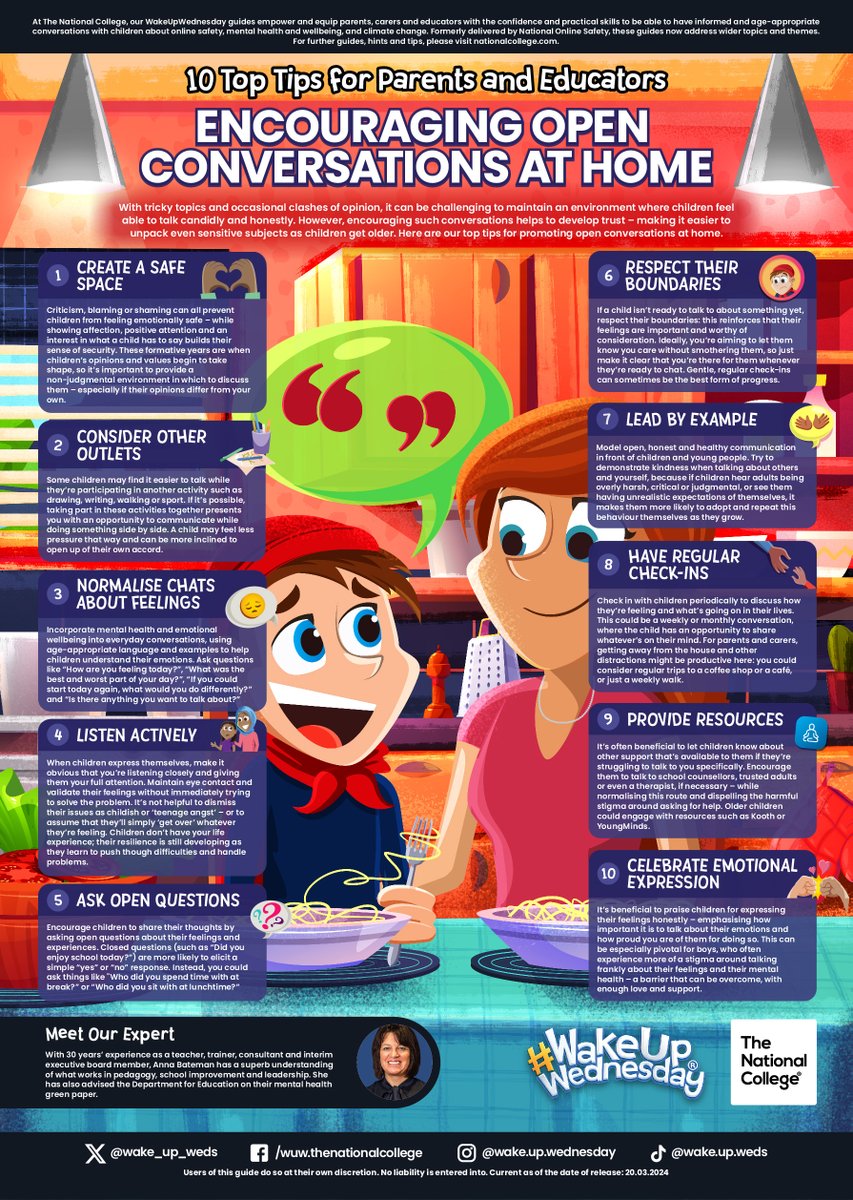Early Years Foundation Stage
Curriculum Planning
The Foundation Stage Curriculum is organised into Prime and Specific areas of learning as in the table above. Children within the early years, learn through a range of play based opportunities as well as adult led and independent activities. At Harris Primary Academy Kent House, we plan a wide range of exciting activities that promote independence, communication, self-confidence, determination and the ability to think critically and share their thoughts and ideas. The children have independent access to a stimulating curriculum both indoors and outdoors on a daily basis.
In Reception there are daily whole class teaching carpet sessions that include handwriting, literacy, phonics and mathematics, as well as weekly P.E, music and ICT lessons. We are able to use to use the outdoor area near the field which also supports the characteristics of effective learning, that children in the early years are require to develop.
We plan half termly topics that we feel will inspire the children's curiosity, understanding and development. All seven main areas of learning are incorporated into the outdoor curriculum and planning is cross curricular across all areas. Throughout the EYFS curriculum we are always incorporating children’s skills and development under the characteristics of effective learning.
In both year groups we integrate long term planning, which ensures continuity and progression throughout Nursery and Reception.
Medium term planning (half termly) helps us link the essential skills to be developed to specific planned activities and identifies assessment opportunities, which in turn supports the individual child to move forward in their learning.
Short term (weekly) planning includes specific plans for coverage of the daily Literacy, Numeracy, handwriting and phonic whole class teaching sessions, where learning objectives will be shared verbally with the children. Adult led focus activities are also planned to develop and move children forward in all areas of their learning, again small targets are verbally shared to support progression in each child’s individual learning experience. Free-flow activities are planned on a daily basis with the whole team to include opportunities for extension; child requested activities and further planned adult led activities.
Prime Areas
We believe that the prime areas of learning are the base stone for all future learning and therefore place a lot of emphasis on ensuring that all children feel, happy, secure and settled into the school environment. During the first term, we begin the child’s first experience of nursery or Reception by focusing the topic around them and their families; enabling them to engage in a subject they know the most about. We want all children to become confident, active and independent learners, enabling them to enter Key stage one with the skills that they need to continue their journey of learning.
Personal and Social and Emotional Development
This area of learning provides opportunities for children to develop positive attitudes about themselves and those around them. We want children to become valued members of the class and shape their own identity through an increasing awareness of their own needs and the needs of others. This area of learning helps children to develop positive dispositions to learning, to be cooperative and communicative. It helps to develop and show an understanding of what is right and wrong and begin to consider the reasons why and developing an understanding that there are always consequences to a particular behaviour, whether rewards or sanctions. It supports the development of social skills by providing opportunities that enable children to learn how to socially respond and work with one another.
Physical Development
This area of learning offers opportunities for children to develop and practise the control they have over their own bodies. It allows for them to further develop the confidence and skill in large gross motor movements such as running, jumping, climbing, swinging, hanging etc. Developing and promoting their spatial awareness and coordination, whilst at the same time encouraging the fine motor skills that they will need to develop holistically. Encouraging the finer movements which involve the ability to control the use of one-handed tools and equipment e.g. digging tools, paint brushes, mark-making and writing tools. This area of learning is also vital in supporting a developing understanding of how their bodies work and what they need to be healthy and safe, (including knowing when they are hungry, cold, hot or thirsty etc) and how they are able to best meet these needs.
Communication and Language
This area of learning provides opportunities for children to develop new vocabulary and the skills needed to talk confidently in a wide range of situations. It helps them respond to their peers and adults in an environment where speaking and listening are highly valued skills. It allows them to communicate and respond in a variety of contexts and places value on them expressing their own thoughts and ideas and taking into account the thoughts and ideas of others. It also gives opportunities for all children to explore, enjoy, learn about and use words and text in a broad range of contexts, including through stories, role play and drama.
Specific Areas
There are four specific areas of learning which supplement the prime areas and allow children to become confident active learners when the prime areas of learning have been supported and applied. Through these areas, we believe children can further develop their knowledge of the world around them and develop an understanding of all future learning that waits them. Here children will continue to become effective learners and develop the dispositions to learning through being curious, resourceful, persistent and courageous. These areas of learning are the basis for main whole class teaching sessions, as well as the independent and adult led learning opportunities available, with the prime areas at the forefront of all teaching and learning.
Literacy
This area of learning supports the development of linking sounds to letters and understanding that from this we can read and write. Children will begin to recognise print in their environment and start to understand that this is one way of communicating with one another. It is vital that children understand that print carries meaning and that they are able to engage with this essential element of communication and the high importance it holds. We actively promote the importance of reading and writing which is done through stories, songs, poems, mark making in a writing in a variety of different context and for different purposes using a wide range of media. Throughout all classes there is a book corner and areas that promote active mark making and writing. Both Reception classes have a phonics area, which the children are encouraged to use to support both their independent learning. We teach phonics on a daily basis and use the ‘Sounds write’ program of study which places emphasis on the sounds within words.
Mathematics
This area of learning provides opportunities for children to develop their understanding of number, measurement, pattern, shape and space by providing a broad range of contexts in which they can explore, enjoy, learn, practise and talk about numbers and shapes. It encourages children to understand and respond to the symbols that represent numbers and what this means in real contexts. It supports children in understanding what an important role shapes and numbers play in our everyday lives and how they develop our own understanding and help us to solve problems.
Knowledge and Understanding of the World
This area of learning provides opportunities for children to solve problems, question, make decisions, experiment, predict, and plan in a variety of contexts and to explore and find out about their environment. It helps to develop their senses and understanding of their physical world. This is further supported through visiting forest school and having the everyday experiences of the outdoor environment. By engaging with the world around us children learn more about people and communities and the world in which they live. Children will also explore the impact of Information and communication technology on their everyday lives.
Creative Development
This area of learning offers opportunities for children to explore and share their thoughts, ideas and feelings through a variety of art, design and technology, music, movement, dance, imaginative and role-play activities. They are presented with the opportunities to experiment with different media, resources and a range of activities which will inspire and stimulate their creativity and motivation to move their learning forward.
The Foundation Stage Curriculum and the Early Years Foundation Stage provides a structure of learning opportunities through which we develop the different aspects of early education. These areas cover the basic skills necessary for Key Stage 1 of the National Curriculum.
We believe our creative and topic based curriculum helps children meet learning opportunities within a happy, secure and interesting environment through practical activity, enquiry and purposeful play, with consolidation through practice, talk and reflection.
Documents
| EYFS Intent | Download |




















